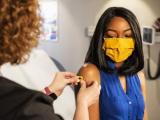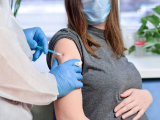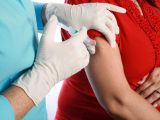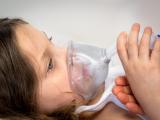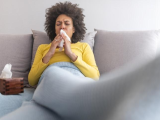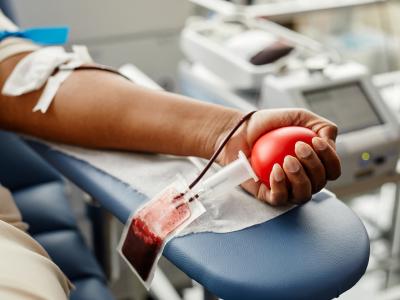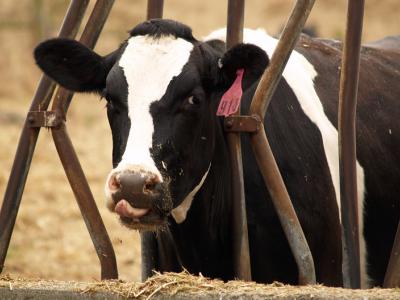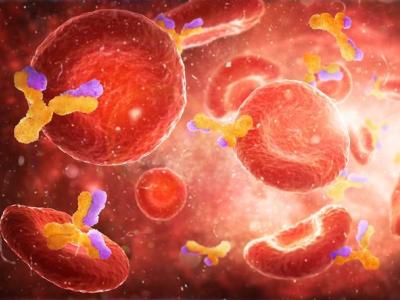Dec 29, 2009
School closings don't keep kids home
A study in Emerging Infectious Diseases today found that, while almost half (47%) of Australian parents surveyed supported school closures, the step decreased parents' work time while doing little to keep kids home. The study of 233 children affected by school closings found that 45% of parents of asymptomatic children took at least 1 day off work. And 74% of kids reported at least one activity away from home during the closure, averaging almost four such outings per student.
http://tinyurl.com/EID-12-29-09-H1N1-school
Dec 29 Emerg Infect Dis study
No leukocytosis may be key flu indicator
A study in PLoS One of 100 cases each of confirmed novel H1N1 flu, seasonal flu, and non-flu acute respiratory illness found very similar clinical profiles between pandemic and seasonal flu. The authors found that the sensitivity and specificity of WHO and CDC influenza-like illness (ILI) clinical criteria were modest in predicting flu. However, the combination of WHO ILI criteria with the absence of leukocytosis (a high white blood cell count) greatly improved diagnostic accuracy.
http://www.plosone.org/article/info%3Adoi%2F10.1371%2Fjournal.pone.0008453?utm_source
Dec 29 PLoS One study
Chile reports 3 H1N1 reinfections
In a letter in Emerging Infectious Diseases, Chilean physicians describe pandemic flu reinfection in three patients, ages 14, 38, and 62 years. Both initial and repeat infections were confirmed via polymerase chain reaction (PCR) test, considered very reliable. The authors attributed the reinfections, which occurred 2 to 3 weeks after recovery from the initial illness, to incomplete immunity after the first infection and said one or two may resulted from exposure in the hospital.
http://www.cdc.gov/eid/content/16/1/pdfs/156.pdf
Letter in Jan Emerg Infect Dis
Vical says DNA flu vaccine formulated quickly
The pharmaceutical company Vical formulated an adjuvanted DNA-based vaccine against H1N1 influenza more rapidly than any of the companies relying on chicken eggs or cell-culture techniques, and demonstrated its immunogenicity in mice and rabbits, according to an article inl Gene Therapy and Regulation. Vical, based in San Diego, has a $1.25 million contract with the US Navy for a phase 1 trial of a DNA-based vaccine against H1N1 flu.
http://www.worldscinet.com/gtr/04/0401/S1568558609000084.html
Gene Ther Regul study abstract
South Korea reports 16th finding of H1N1 in pigs
South Korea today reported another case of pandemic H1N1 infection in pigs, raising the number of such cases in the country since mid December to 16, according to a Xinhua report. The latest finding was on a farm in Jeungup, Jeolla province. Authorities suspect the pigs caught the virus from people. The agriculture ministry plans to take quarantine measures and to vaccinate hog-industry and health workers in an effort to stop the outbreaks.
http://news.xinhuanet.com/english/2009-12/29/content_12722621.htm
Dec 29 Xinhua report


